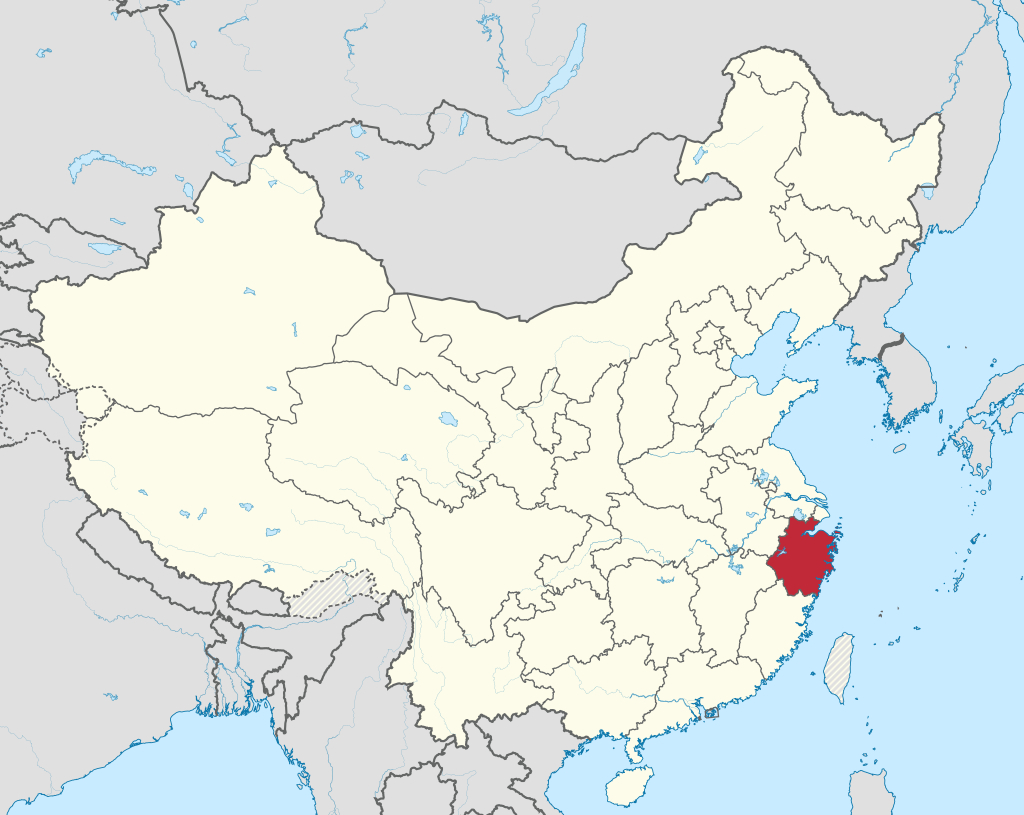Digital yuan payment adoption is stepping up in China ahead of the Asian Games, with venue cities rolling out a range of central bank digital currency (CBDC) transport options.
Per Shanghai Securities News, preparations are in advanced stages in the host city of Hangzhou, Zhejiang Province.
The city was slated to host the event in September last year, but the games were eventually delayed by a year due to the coronavirus pandemic.
The Central People’s Bank of China (PBoC) has updated its official digital yuan app to feature a “ride code” function.
This allows smartphone users to scan their devices on the Hangzhou Metro.
The metro system will automatically deduct transport fee payments from metro users’ e-CNY wallets.
Five Asian Games events, including baseball and volleyball, will be held in the nearby city of Shaoxing.

The Shaoxing Metro will also accept digital yuan ride code payments, the PBoC said.
And the ride code system will also be unveiled on the Hangzhou-Hai Intercity Railway.
The railway is a transport network that connects major Zhejiang Province cities like Haining with Hangzhou.
Why Does China Want to Dazzle with its Digital Yuan at the Asian Games?
The PBoC had hoped to give the CBDC its first international showcase at the 2022 Winter Olympics, held in Beijing in February last year.
But the COVID pandemic forced it to scale down its plans, with only athletes and coaches allowed to attend the event.
Regardless, competitors were encouraged to use the coin at the event.
They were handed free, commemorative e-CNY hard wallets in a bid to spur adoption.
The Asian Games will be China’s first major international sporting event since the pandemic.
And it will be the first since the CBDC pilot reached its current, advanced stage.
Last year, the city of Ningbo, in Zhejiang Province, announced that all 125 of its metro stations accept digital yuan-powered fee payments at ticket barriers.
Earlier this year, the PBoC made another update to its official digital yuan app.
This allowed citizens to make electricity-free digital yuan payments.
The update means people in the pilot zone can use their smartphone’s hardware to pay transport fees and make micropayments when their handsets are powered off.
They can also use the same innovation to pay when they have no network coverage, the PBoC stated.
Credit: Source link





















